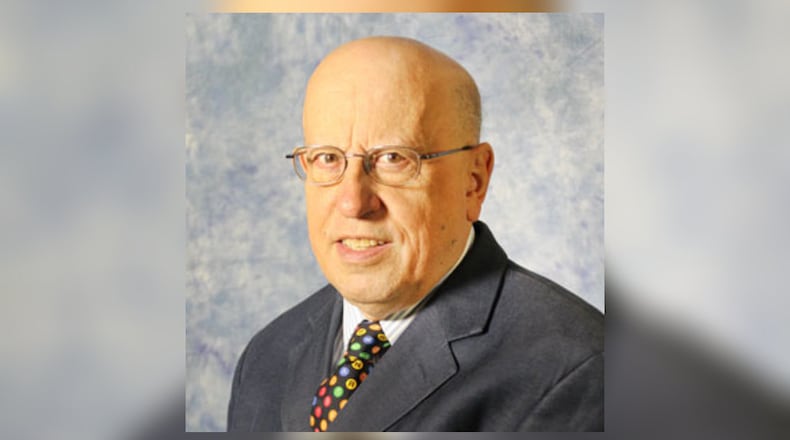This first part of House Bill 214 is noteworthy because it upholds student religious rights consistent with what is often referred to as America’s first freedom, freedom of religion. As enshrined in the First Amendment, which the Supreme Court has extended to cover states, “Congress shall pass no law regarding the establishment of religion or prohibiting the free exercise thereof.”
House Bill 214 is thus a welcomed addition for students from the growing number of minority faiths in the Miami Valley and Ohio. Consistent with Supreme Court cases recognizing parental rights to direct the upbringing of their children, including practicing their faiths in school, House Bill 214 in an important expansion to state law because, as noted, it recognizes the rights of student believers, and their families, by requiring local school boards to adopt formal policies protecting their rights to practice their religions by taking days off from class to do so.
In a related second key element, House Bill 214 forbids school officials from soliciting or requiring students, faculty members, or possible employees from committing to specific beliefs, affiliations, ideals or principles about political movements. Similarly, the Act’s third part, which has received less attention, safeguards academic freedom to research and/or publish about specific beliefs, affiliations, ideals, or principles concerning political movements, ideologies, or social actions. Of course, it remains to be seen but this language may create a tension with Senate Bill 83, which would curtail the political, social, and ideological pursuits of educators in their classes. A strong supporter of academic freedom ensuring the right to teach and write as we, especially in higher education, deem appropriate, it seems to me that if applied consistently, these bills complement each other by providing necessary balance.
In other words, as important as academic freedom is, whether in classes, professional publications — or what is now referred to as public scholarship, such as this column — educators must use it responsibly. We must, for example, draw lines between teaching about religion, a topic I addressed earlier columns, and teaching or spreading our religious or other beliefs, including politics, in classes.
Motivated by concerns about the free exchange of ideas schooling, House Bill 214 in tandem with Senate Bill 83 upholds educators’ cherished right to academic freedom. The trick, then, is for educators to provide balanced instruction, challenging students to think with, but not necessarily, like them whether on matters of faith, politics, or a range of other topics during a time when the Nation and schools seem to be so divided on so many issues.
In sum, House Bill 214, in conjunction with Senate Bill 83, helps to ensure the religious freedom rights of students but offers much more by setting standards for educators to follow in their activities. It is thus up to educators to implement House Bill 214 in a manner respectful of the rights of students and their parents so children can practice their faiths while learning in open and challenging educational environments.
Charles J. Russo, J.D., Ed.D., is the Joseph Panzer Chair of Education in the School of Education and Health Sciences (SEHS) and Research Professor of Law in the School of Law at the University of Dayton.
About the Author
